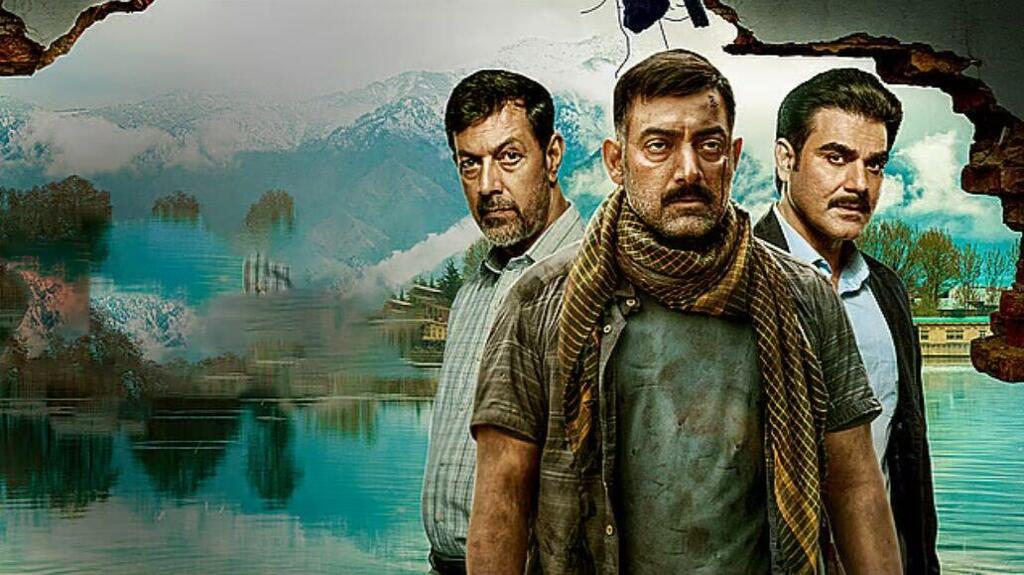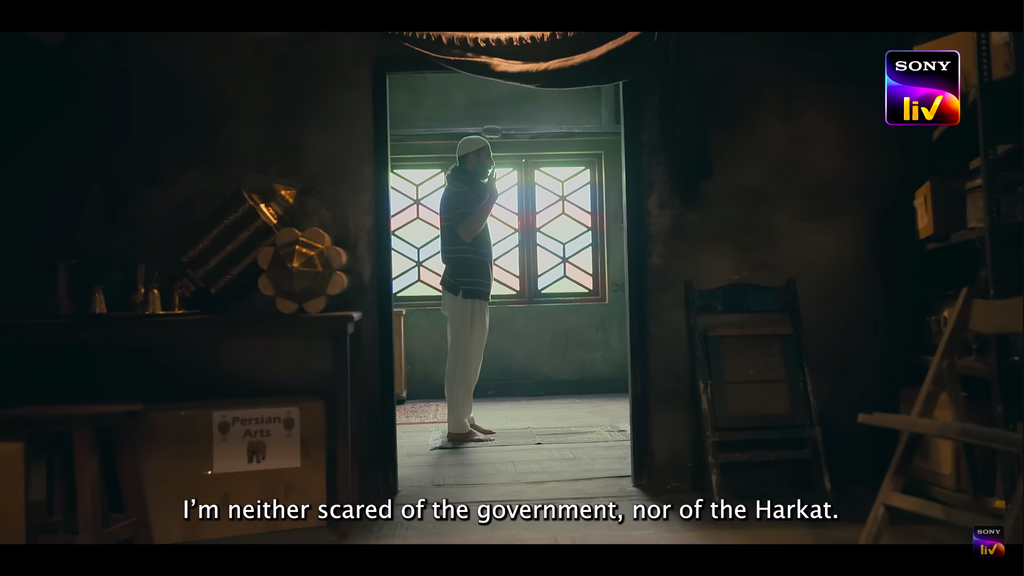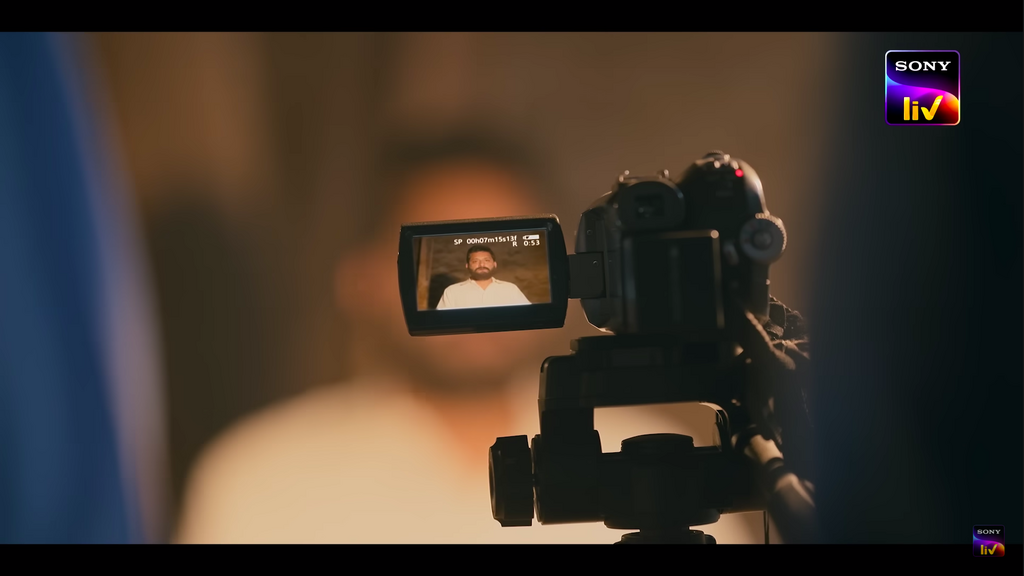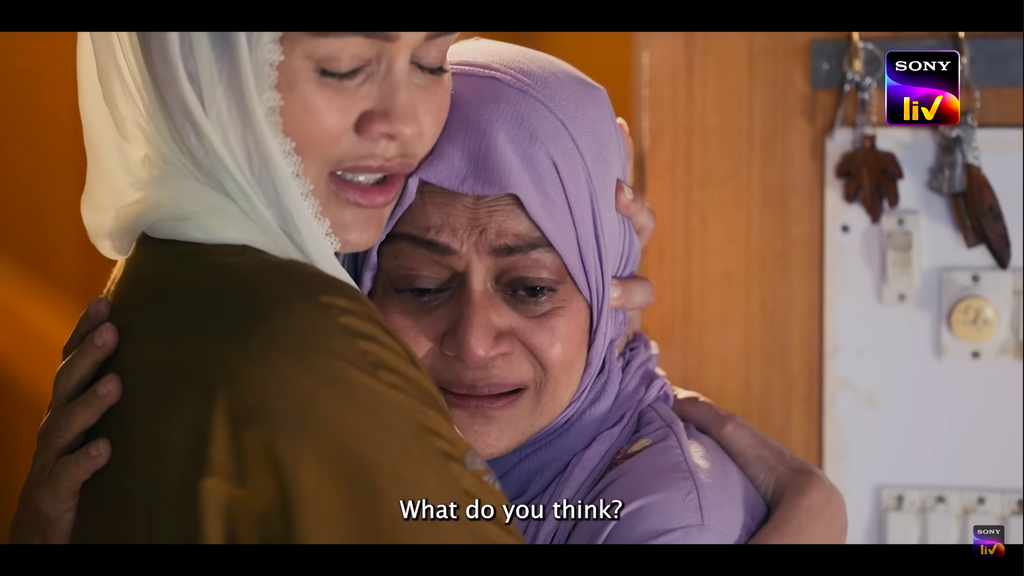A year and a half has passed since the end of the fourth season of Fauda in Israel. Lior Raz, the series creator, recently revealed that the fifth season's plot, which has yet to be filmed, has been changed following the events of October 7, promising a "tougher" season.
Read more:
Until Fauda returns, enjoy the Indian adaptation which both resembles the original and gives an outsider the opportunity to look at the Kashmir conflict. Tanaav premiered over a year ago on the Indian streaming service Sony LIV and is now available in Israel on Cellcom TV and Yes.
Contrary to what many believe, Israel is not the only country in the world that lives in the midst of a complex and violent national conflict. Kashmir is a region under dispute and is located on the border of India and Pakistan, where the two are at war with each other for control. It is reasonable to assume that the similarity between this situation and the Israeli-Palestinian conflict has created sympathy among Indian viewers, leading to the success of Fauda in India.
Consequently, Lior Raz and Avi Issacharoff were appointed as producers of a 12-episode remake in India, rich with local stars. The first season of Tanaav was successful in India, and filming for the second season began in September in Kashmir.
I must confess that my expectations were somewhere between a Bollywood version of the action series and a theatrical or exaggerated game with plastic guns, and so I apologize to Indian television. Tanaav took the framework story of Fauda - the story of a disillusioned warrior returning to active duty after retirement to finish the job he started, the assassination of a terrorist leader – and placed it quite coherently in the reality of Kashmir.
We meet Kabir Farooqui (Manav Vij), the Indian counterpart of Doron, leading a peaceful life with his wife and their two children, finding satisfaction in preparing sandwiches. His former commander, Vikrant, comes to visit him with disturbing news: the mega-terrorist that Kabir thought he killed, Umar Riyaz, or "the Panther," is still alive, running his organization's modest branch, while planning a major operation against Indian forces in the state of Kashmir.
Kabir, who was awarded for the assassination, is asked to return and complete the mission. To the dismay of his wife, Nusrat, who opposes his return to the field, Kabir puts on a keffiyeh and mentally prepares for another fight.
The force's first task is to infiltrate the wedding of the Panther's younger brother disguised as guests, assuming the older brother will come for a short visit. This turns the wedding into a bloodbath, mainly due to Kabir's tendency to act on his own and his familiar anger management problem.
The storyline is similar to the Israeli version with necessary adaptations considering the location. The similarity continues with the fast pace of events, breathtaking action scenes, and character portrayal, with even the Kashmiri Panther somewhat resembling the Palestinian Abu Ahmad.
The slogan accompanying the Indian series is "Two sides of the same story." I cannot determine whether the nuances in Tanaav succeed in reflecting the sensitivity of the Kashmiri conflict or if the writers managed to capture the complexity of all sides in this conflict. This is simply because I have never delved into it beyond the headlines.
The success of Fauda worldwide - 90% of viewers in the first three seasons of the series on Netflix come from outside Israel, and many from India - is not necessarily a matter of understanding the conflict, but primarily the fact that it is a well-executed action series, with a well-written script.
Tanaav manages to convey these elements with minimal friction in transitioning between cultures, languages and locations. It creates authentic characters that convey the hardship of life amid the conflict and their performances are successful. Moreover, the openness of recent years to content in a foreign language will allow many viewers to engage with it without feeling resistance.
Tanaav may not be the escapism we dreamed of for the current period, but there is something about it that allows us to look at our situation from a different perspective and understand it through foreign eyes. While certain parts of the dialogue show us that each family may suffer in its own way, nations suffer similarly from national conflicts.





